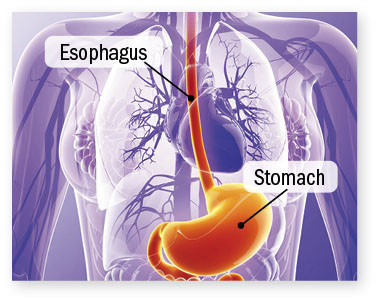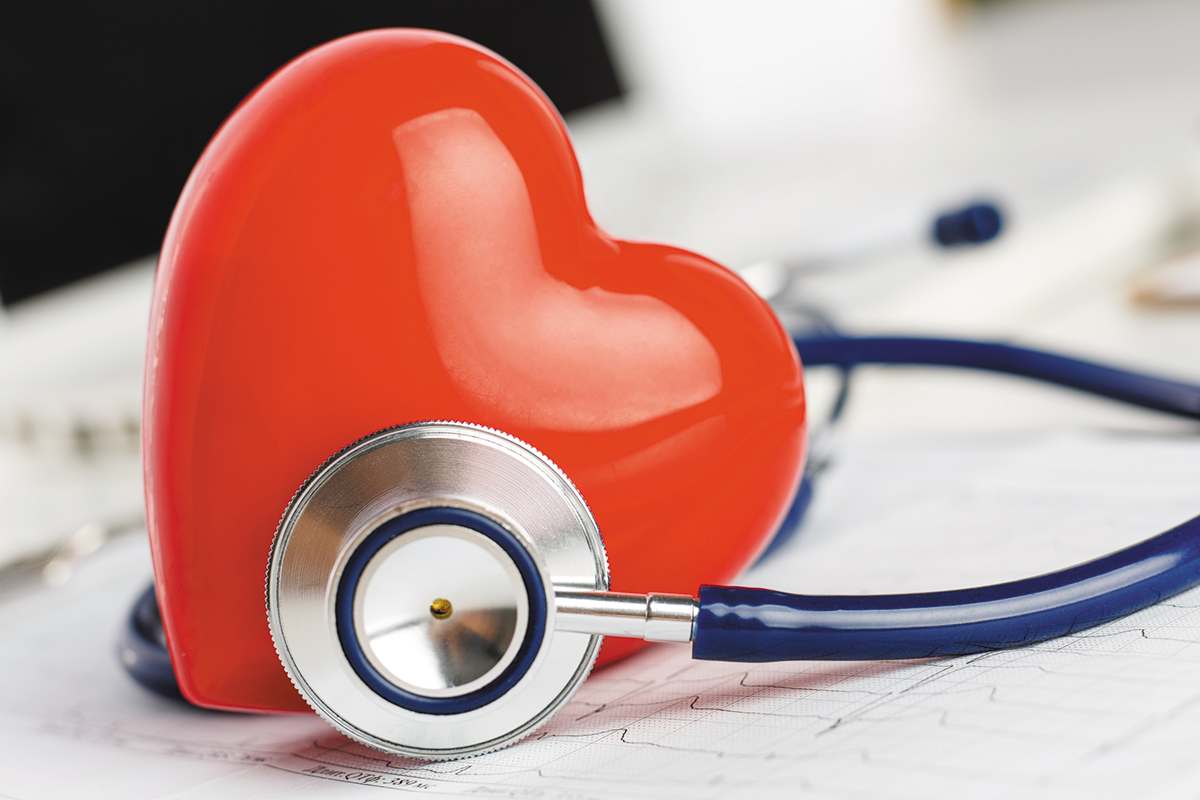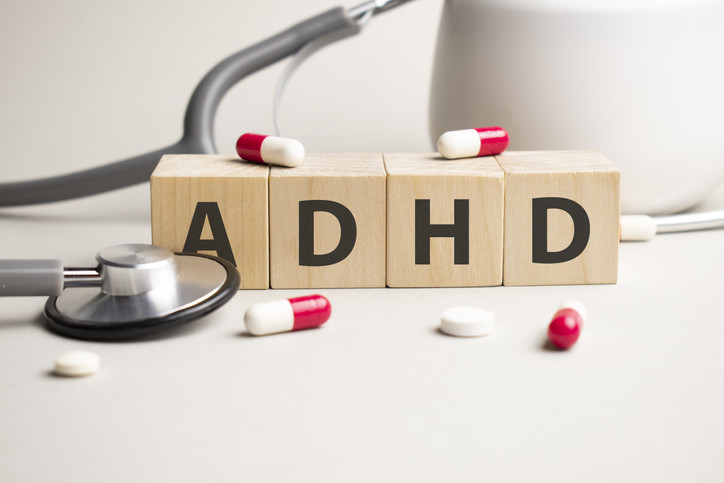
Trying to lose weight? Be careful not to lose muscle

Is your skin problem actually an autoimmune condition?

People with diabetes face higher risk of hearing loss

Antibiotic-free fixes for recurrent UTIs

Musculoskeletal syndrome of menopause: When menopause makes you ache all over

When can older women stop getting mammograms?

To lose weight, especially harmful belly fat, combine diet and exercise

Can men hold off on treating recurring prostate cancer?

The 7 types of rest and why we need them all

What are the early warning signs of cervical cancer?
Heart Disease Archive
Articles
Drinking coffee linked to healthier hearts and longer lives
A 2022 study found that coffee drinkers were less likely to develop irregular heartbeats, cardiovascular disease, heart-related deaths, and deaths from any cause over a 12-year period, compared with people who did not drink coffee.
Heart disease and heartburn: What's the overlap?
Heartburn can cause chest pain that may be mistaken for a heart attack, and vice versa. Heartburn causes more a burning sensation and is more likely to occur after a large meal. Heart attacks are often described as a feeling of tightness or pressure and are more likely to occur after physical activity or stress. People who aren't sure about their symptoms should get to an emergency room for an evaluation as soon as possible.
Shining a light on thoracic aortic disease
A thoracic aortic aneurysm can be small and stable, or it can tear or rupture. People with certain genetic conditions, and those who have a relative who has had this condition, are at higher risk and should be tested.
Poor physical function may predict cardiovascular disease
A new study suggests that older adults who maintain an high level functional fitness have a lower their risk of heart attack, heart failure, and stroke compared with those who are not as fit.
The inside story on pacemakers
The likelihood of someone needing a pacemaker increases with age. This tiny battery-powered device, implanted into the chest, improves abnormal heart rhythms and improves blood flow if the heart does not pump effectively. By helping the heart maintain more normal function, pacemakers enable many individuals with certain heart conditions to resume their normal lifestyle and stay active longer.
Engage your heart and brain, even when you're sitting
Sitting too much is bad for health. But there are ways to make time spent seated a little healthier. For example, people can keep their brains active by reading, writing, doing a hobby (such as knitting), or playing an instrument. And people can exercise while in a seated position. It's possible to do an aerobic workout that gets the heart and lungs pumping, such as a seated dance routine or calisthenics, as well as muscle-strengthening activities or stretching exercises.
Some heart patients need antibiotics before dental work
People with certain heart conditions, including a replaced or repaired heart valve, should take antibiotics before invasive dental procedures. This helps prevent endocarditis, a serious heart infection often caused by bacteria from the mouth.
Attention deficit disorder linked to higher heart disease risk
People with attention-deficit hyperactivity disorder, a condition marked by trouble focusing and impulsive behavior, may be more likely to have cardiovascular disease that people without the disorder.
Checking for heart murmurs
A heart murmur is the sound of turbulent blood flow within the heart as heard through a stethoscope. In adults, most abnormal murmurs are caused by an aortic or mitral valve that's not working correctly.
Debunking myths about heart disease
Many people have misconceptions about avoiding heart disease. One involves the use of over-the-counter fish oil capsules, which do not prevent heart disease in healthy people. Another relates to confusion about the ideal blood pressure targets in older adults. Some people are misinformed about the implications of a family history of heart disease, while others may be confused about the differences in heart attack symptoms between men and women.

Trying to lose weight? Be careful not to lose muscle

Is your skin problem actually an autoimmune condition?

People with diabetes face higher risk of hearing loss

Antibiotic-free fixes for recurrent UTIs

Musculoskeletal syndrome of menopause: When menopause makes you ache all over

When can older women stop getting mammograms?

To lose weight, especially harmful belly fat, combine diet and exercise

Can men hold off on treating recurring prostate cancer?

The 7 types of rest and why we need them all

What are the early warning signs of cervical cancer?
Free Healthbeat Signup
Get the latest in health news delivered to your inbox!
Sign Up











